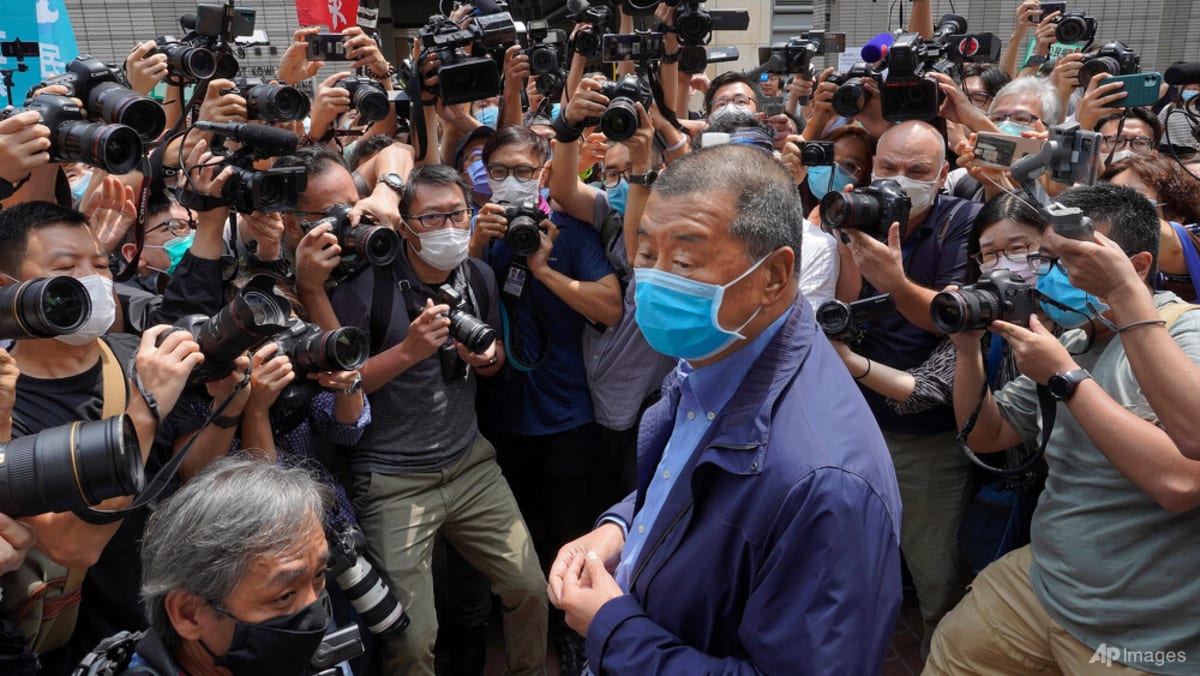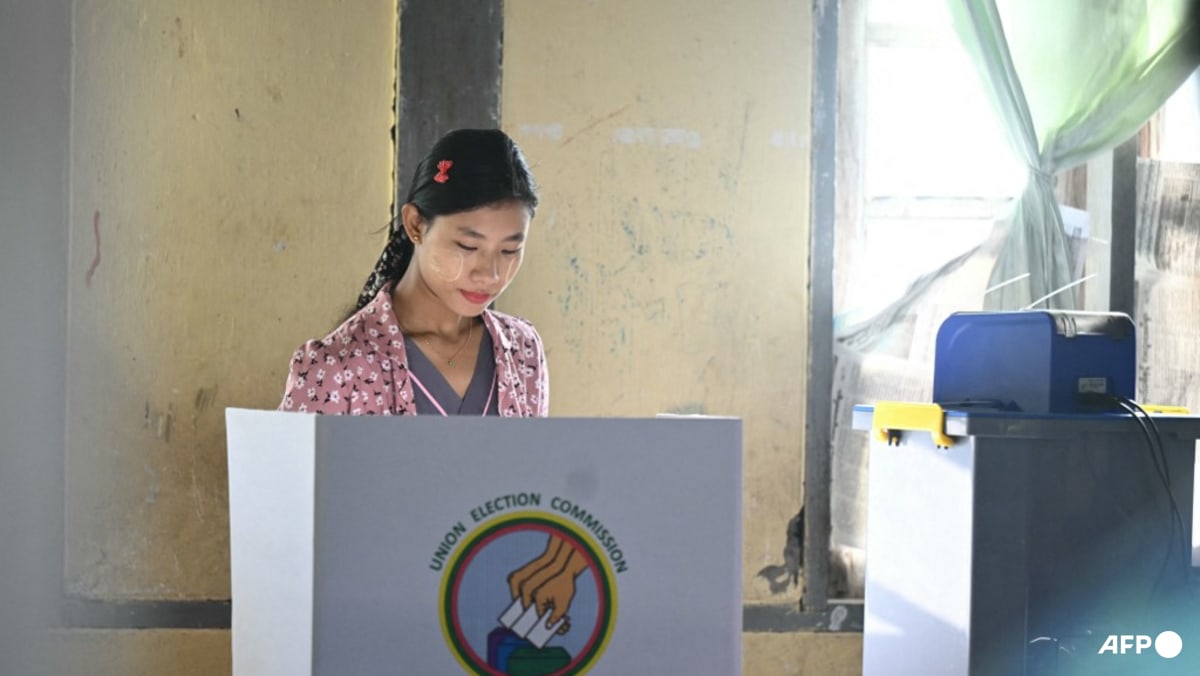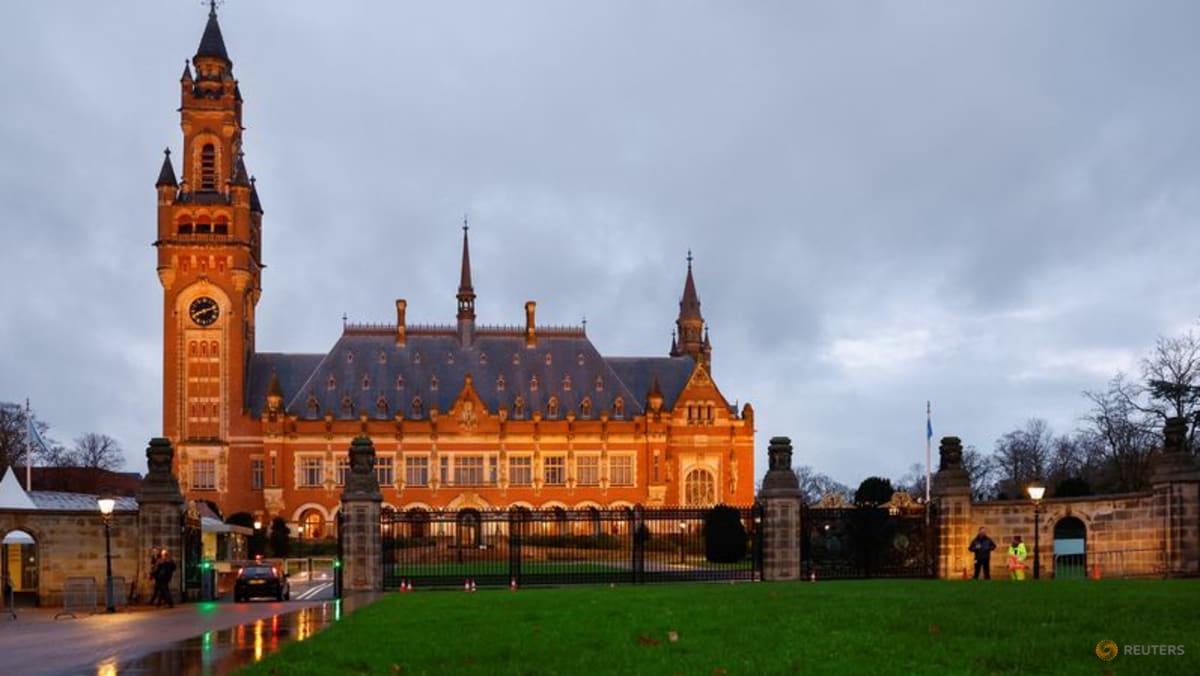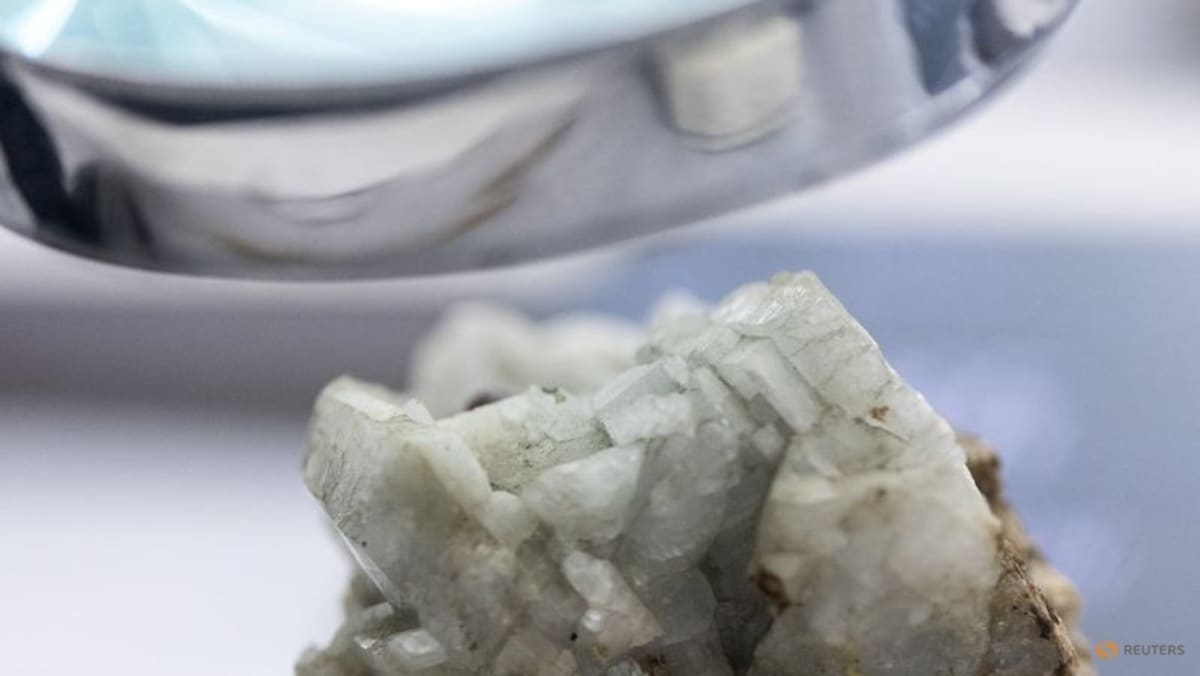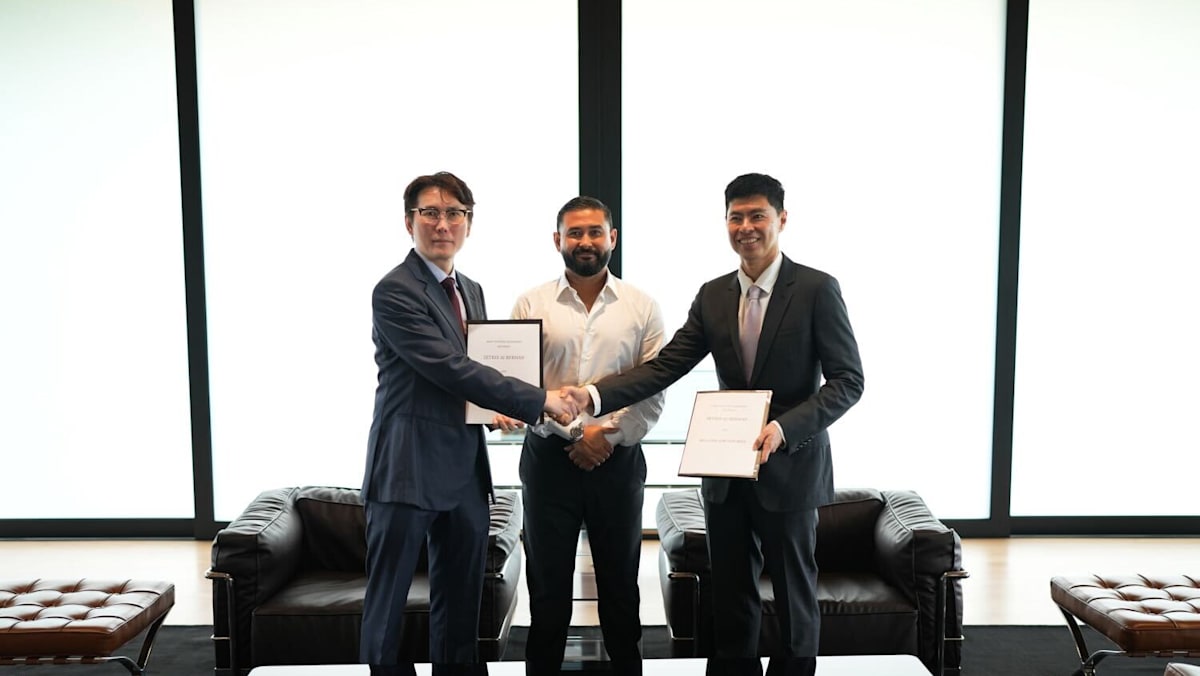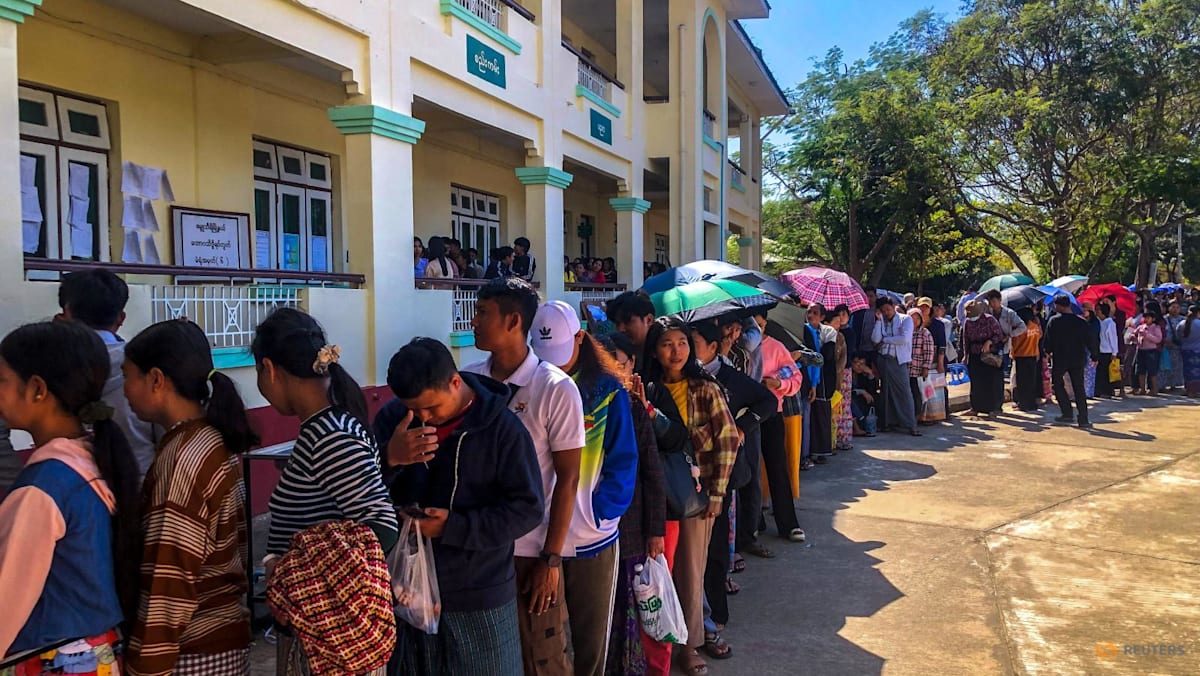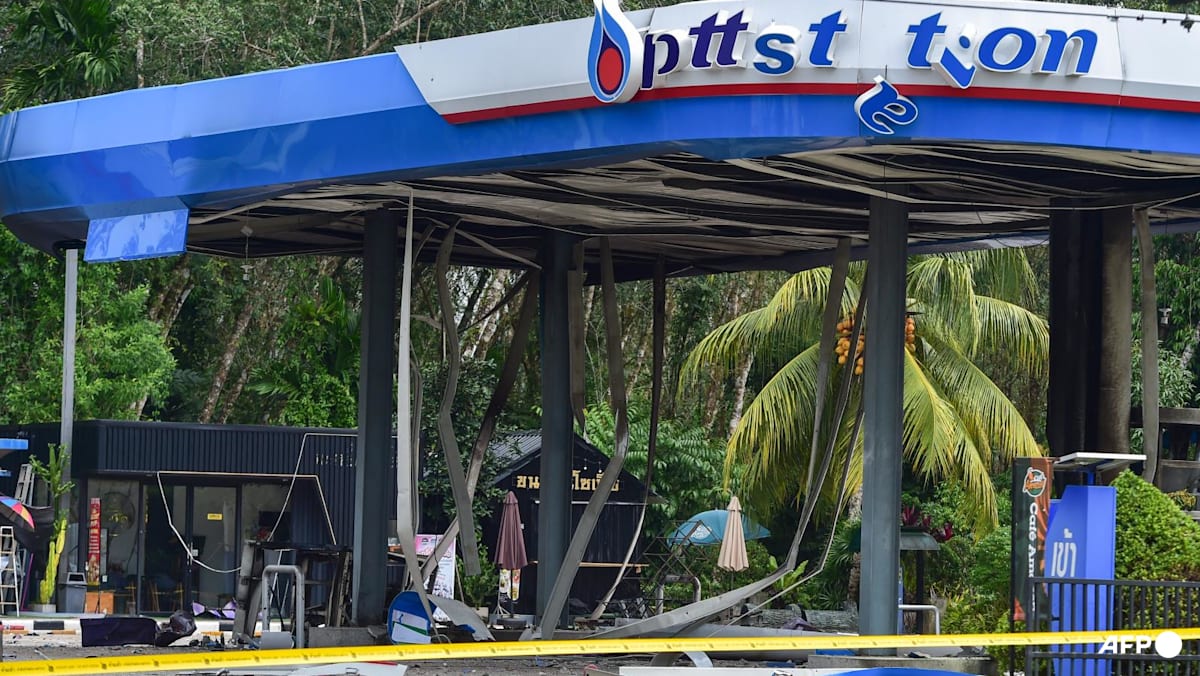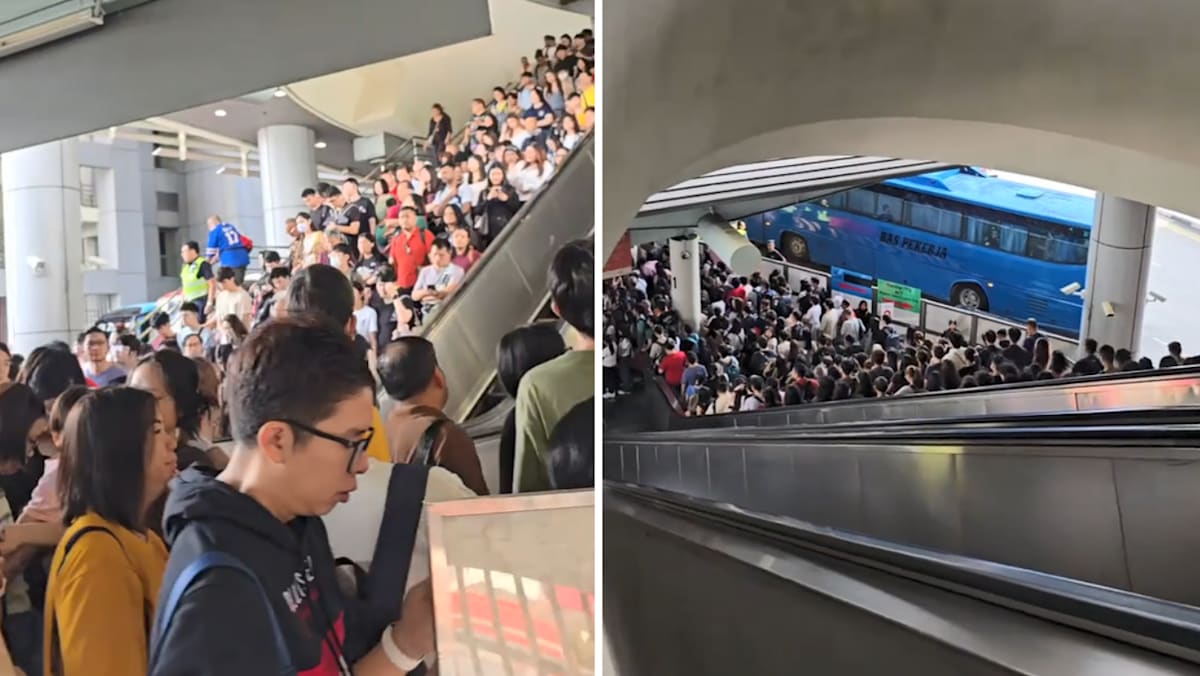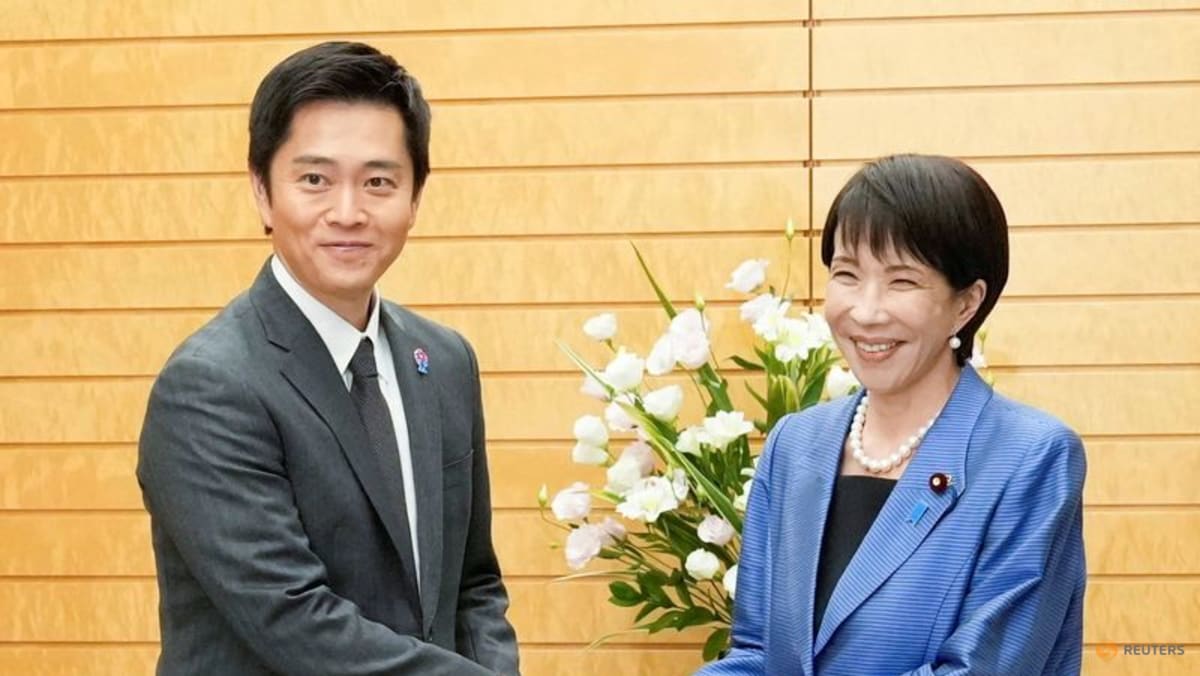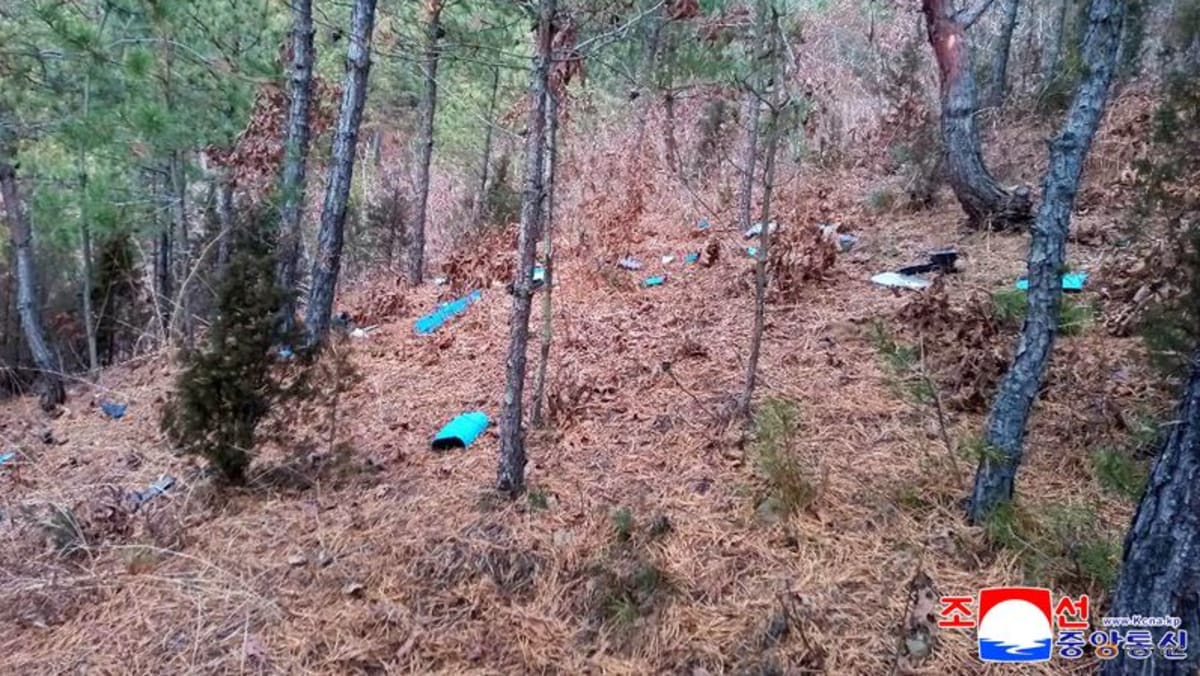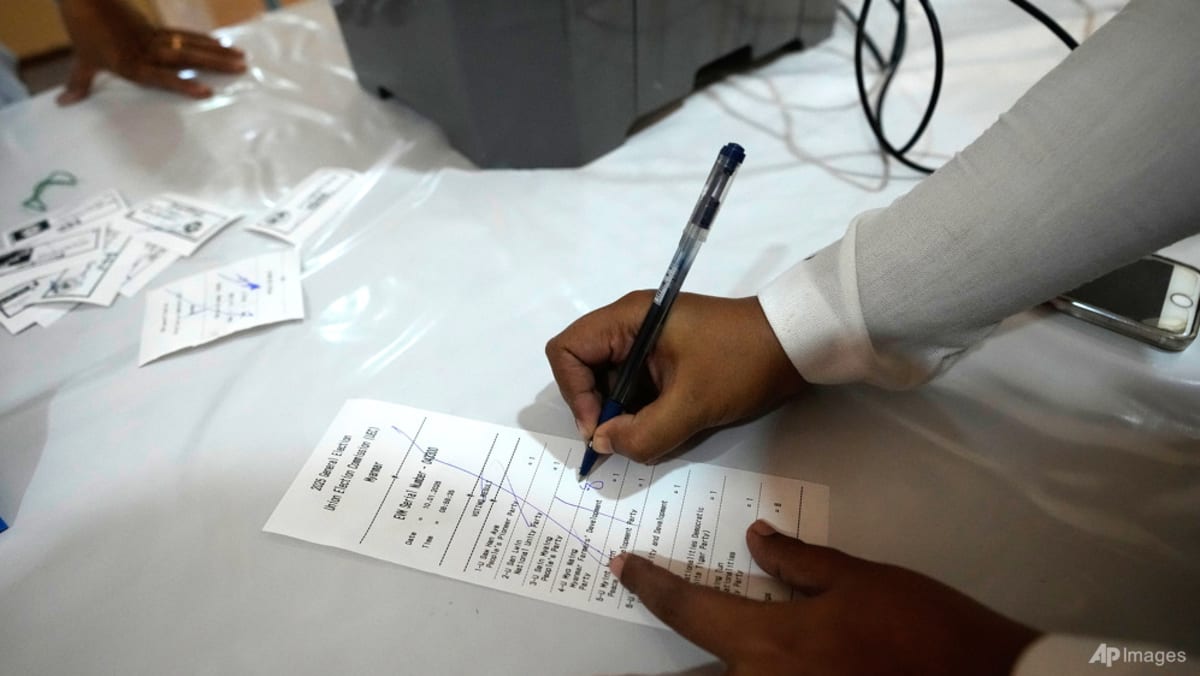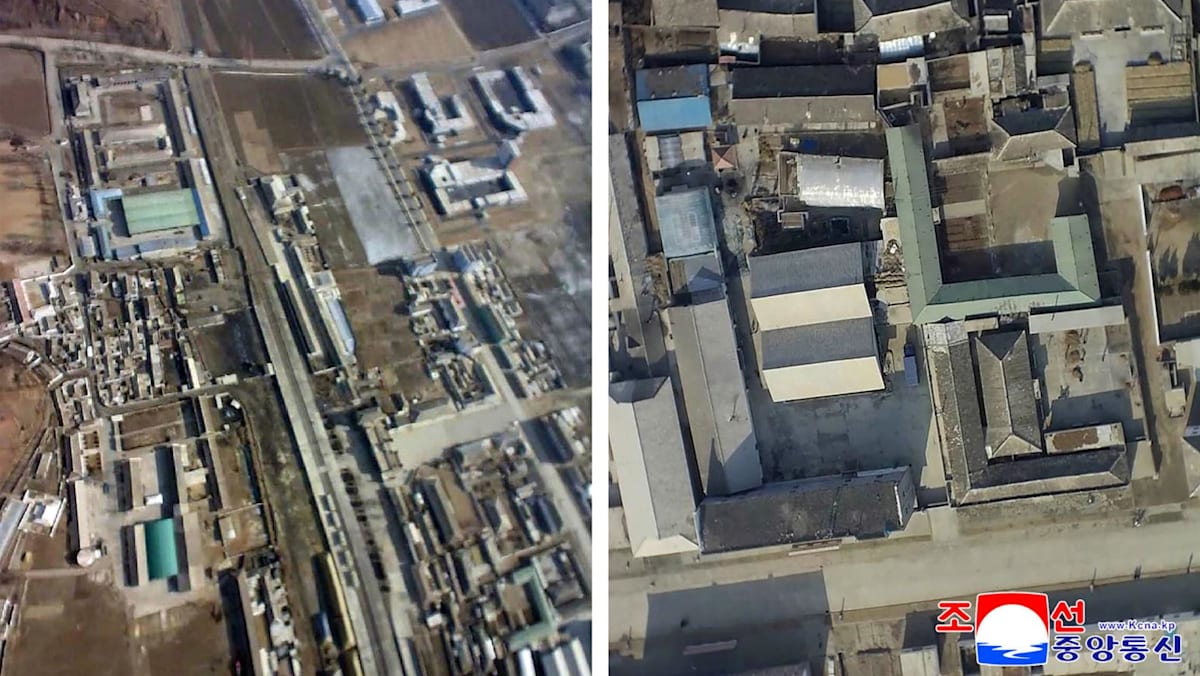‘Gave me a second life’: How Singapore doctors saved this boy from rare cancer with experimental treatment
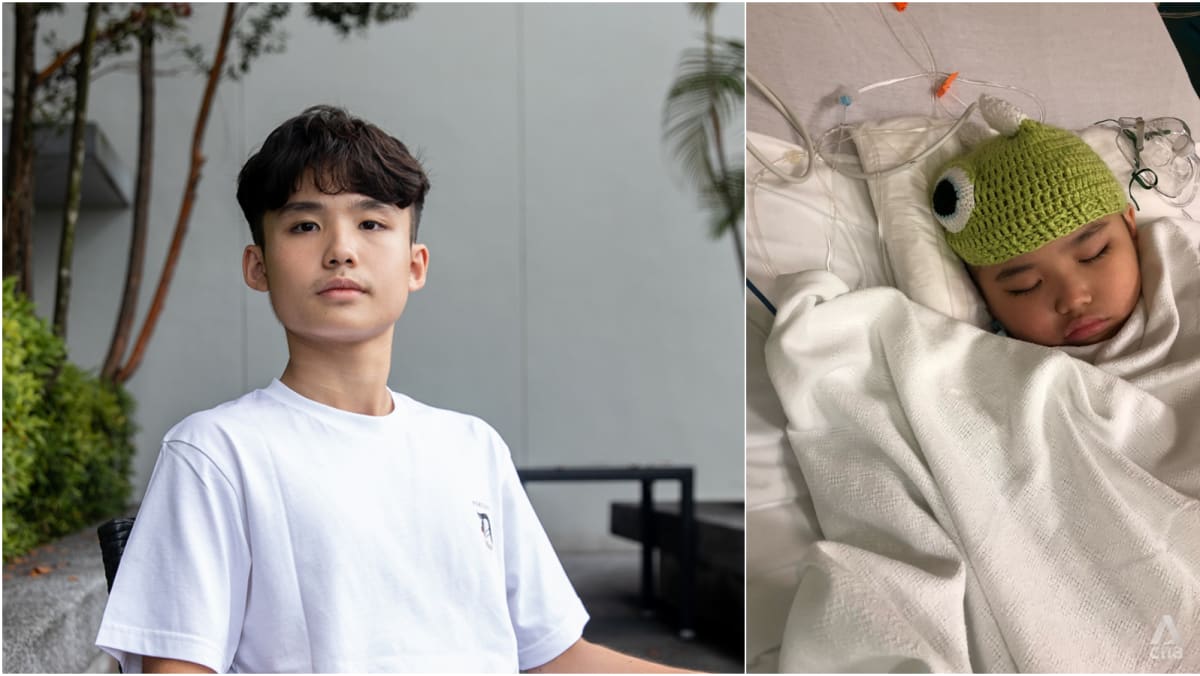
ISOLATION
For a month, the boy was isolated in a quiet, clean room in NUH. He had to be isolated because the treatment was expected to destroy his immune system and leave him severely weakened.
“The nurses, the doctors, everyone came together, we prepared for a bubble boy in Viet Tai,” explained Prof Yeoh.
“So we had to autoclave all his pyjamas, all his bed sheets, all his towels, everything has to be clean.
“We have to see him gowned, masked and everything … he doesn’t get to see people, but just masked faces in and out during that period.”
An autoclave machine uses steam at pressure to kill harmful bacteria, viruses, fungi and spores on items.
That month was excruciating for his mother, Madam Nguyen Thi Kieu Anh, who could not comfort her son and did not know if the treatment would work.
Coupled with being away from her usual support network and struggling with the language barrier, Viet Tai’s mum could only watch as her son underwent the treatment.
“As a mother, seeing my boy having to go through the different kinds of chemotherapy, and he had to suffer the pain … I was so heartbroken. I felt useless – like I couldn’t help him,” Mdm Nguyen told CNA through a translator.
There were also practical concerns. Given that Viet Tai is not Singaporean, he was not able to claim any subsidies and was a private patient at the hospital.
Staying for potentially months in hospital – especially a month in a specialised isolation ward – meant the bills started to rack up.
Members of the public stepped in. A give.asia page was set up and donations poured in. With donations ranging from S$1 to S$5,000, mostly from strangers, they raised more than S$115,000 for the family.
Shielded from the rest of the world, Viet Tai thrived. He started recovering, raising hopes that this experimental treatment was working.
In a month, Viet Tai went from the brink of death to being in remission for the first time in eight months.
Now, more than four-and-a-half years later, he remains cancer-free.
Source: CNA


